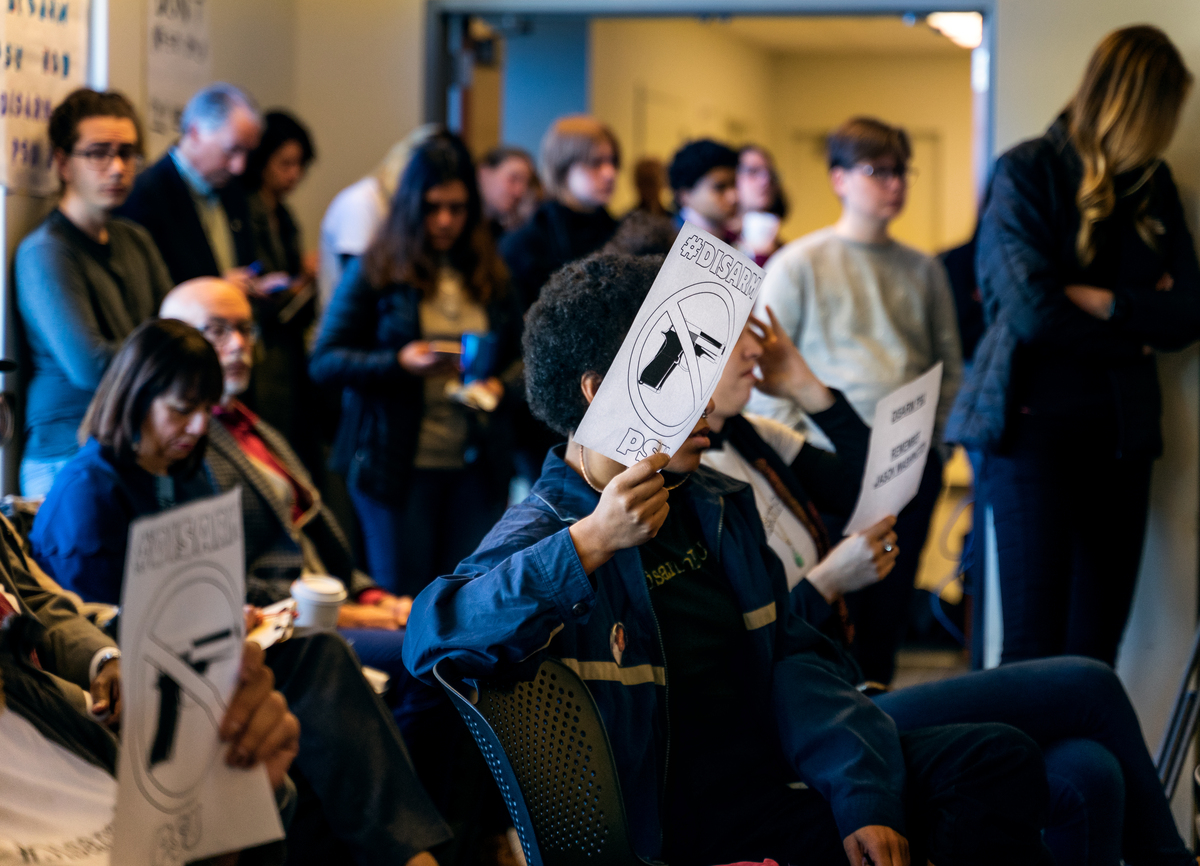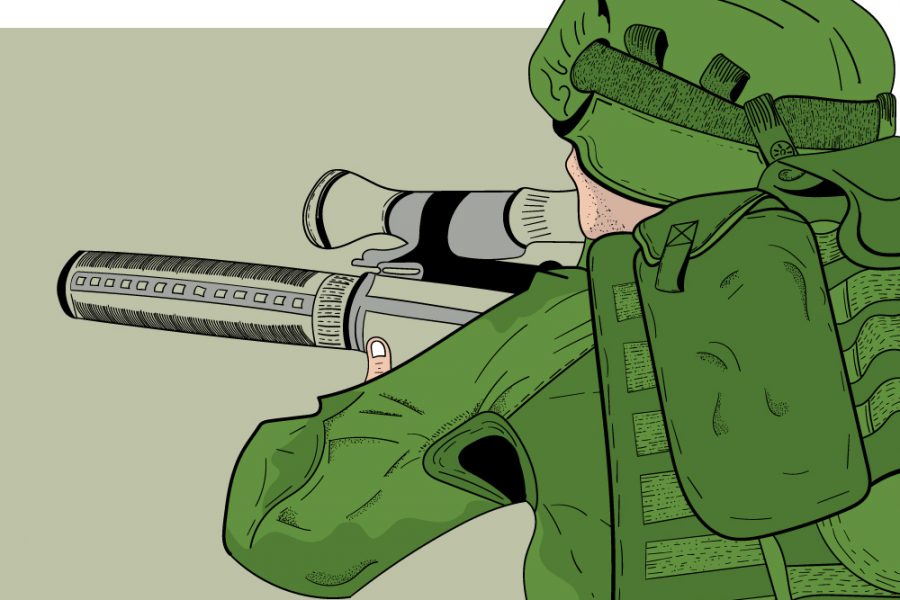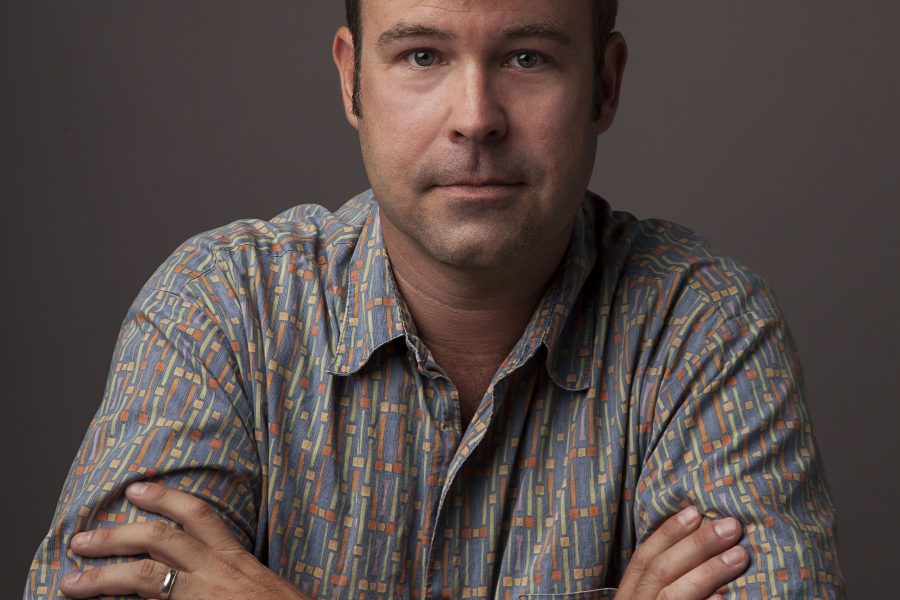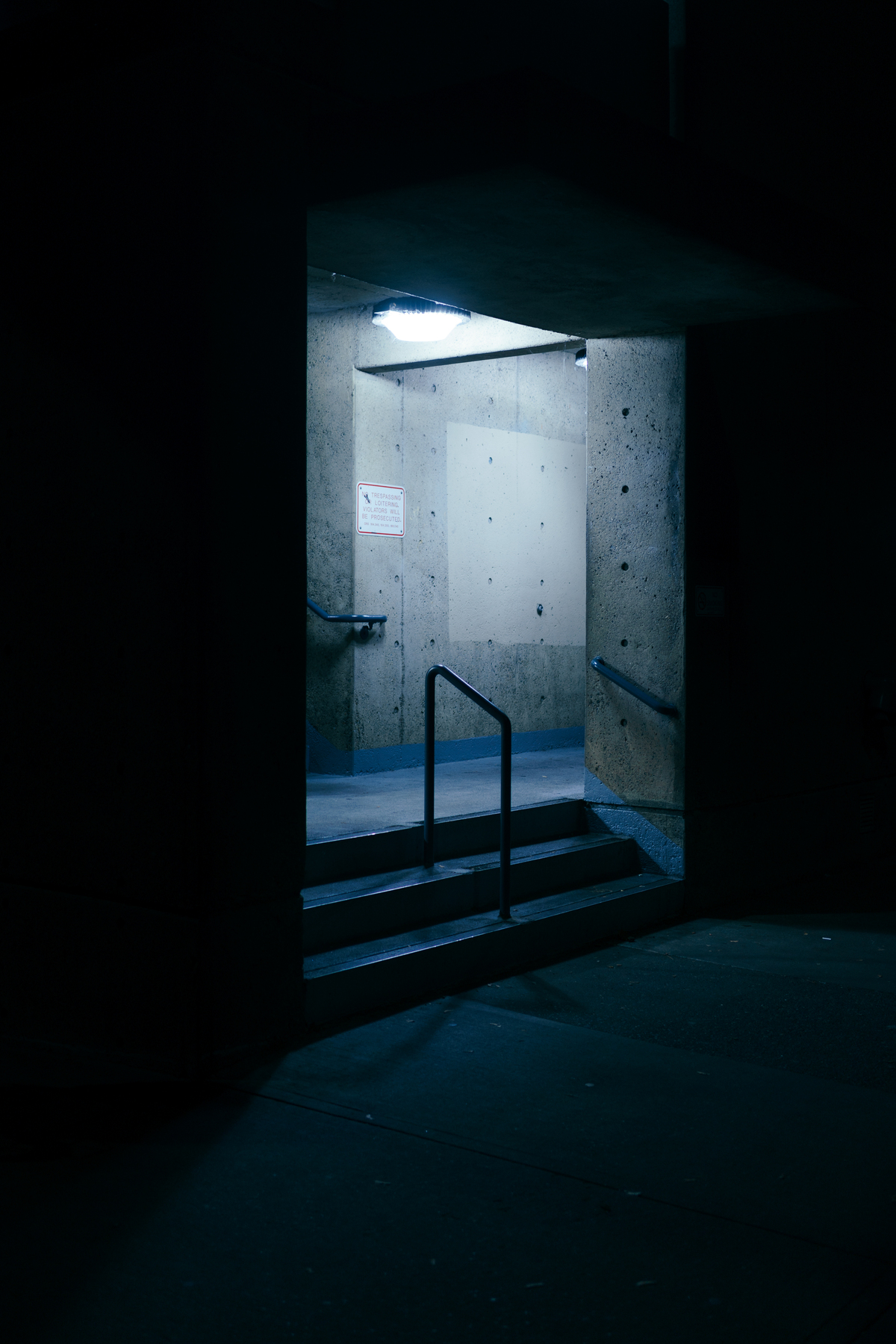Interim President Percy implements campus public safety plan
Portland State Interim President Stephen Percy announced at an Oct. 10 Board of Trustees meeting campus public safety officers would remain armed.
At a press conference following the Board meeting, Percy responded to concerns from the PSU community that disarming police wasn’t taken seriously in the decision-making process.
“I would say the students we heard from today were very concerned about that,” Percy said. “I’m not sure all students would agree with that. We’ve tried really hard to notice lots of different points of view and again, talking to students [and] looking at surveys. Some students in this…violent society we seem to be living in [have] said to me they feel the need for…at least some resources on our campus that could respond to an incident involving a weapon.”
PSU alum and activist Olivia Pace also said students, staff and faculty took every possible measure to inform the Board how the decision to put a privatized campus police force on campus would affect the community.
“Five years ago, this body made a decision that would affect all of us and none of them,” Pace said. “Thousands of members of this campus warned you that any decision to arm our security would be paid in Black lives.”
In response to addressing students who feel threatened by armed CPSO officers on campus, Percy said he respects their concern about not feeling safe.
“I’d like to try to do some healing or working together,” Percy said. “We want everyone to feel welcome and safe at PSU. We’ve learned that safety means different things to different members of our diverse community, and creating a plan that responds to those differences is a challenge.”
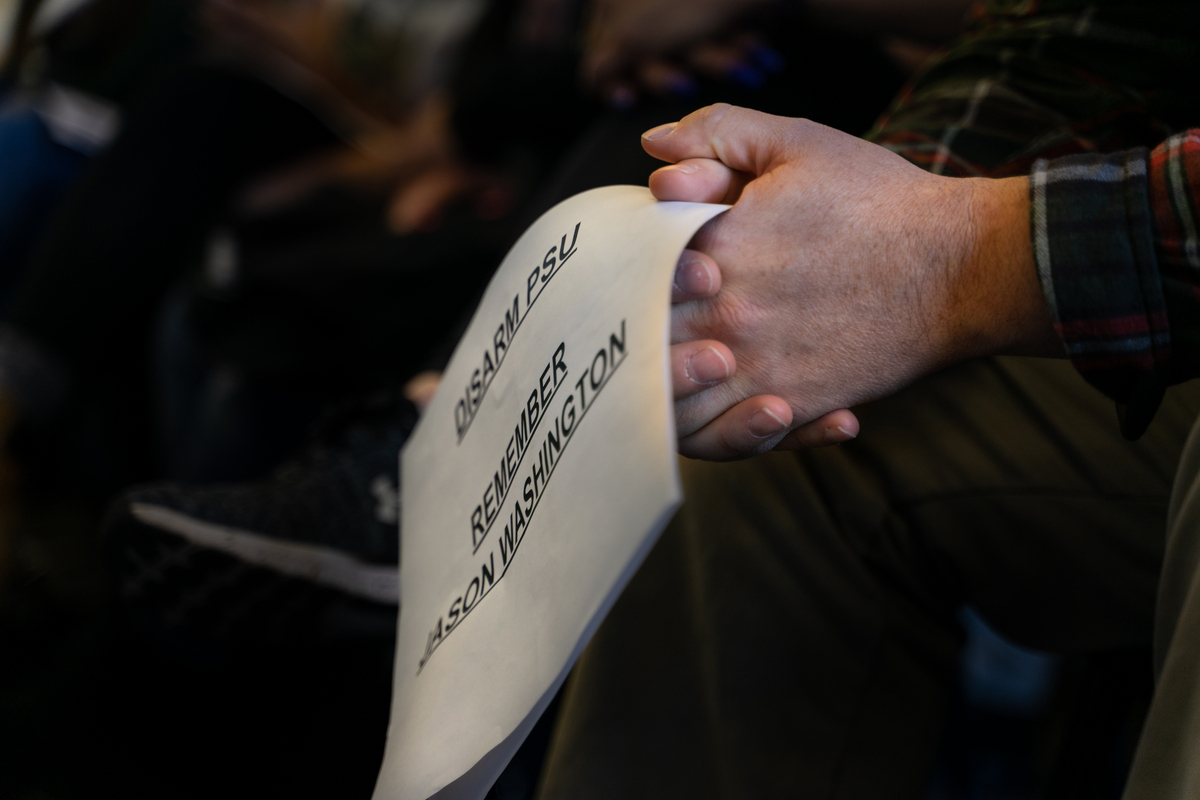
Percy’s plan
Percy detailed his campus public safety plan at the Board meeting, which addressed campus public safety and the details surrounding armament.
According to PSU University Communications, the existing 10 slots for unarmed campus public safety officers and 10 slots for sworn officers will remain the same.
The plan also includes enhanced officer training, such as “de-escalation techniques and building relationships with diverse groups.”
Other notable aspects include strengthening oversight through the University Public Safety Oversight committee, increasing security for campus buildings and diverting more attention to community mental health professionals when responding to people in crisis.
The plan also includes 10 student ambassador positions to be screened by UPSOC and hired by the CPSO chief. These student ambassadors will serve as a “community presence” and provide information about safety concerns from students, faculty and staff to the CPSO office.
The plan details why Portland Police Bureau won’t be relied upon for campus security, stating in a FAQ that PPB would need special training.
“According to Chief Davis, PPB cannot provide the type of policing [PSU would] need and that it would be far better, since we have the authority, for PSU to have its own specialized university police department,” the FAQ reads.
The Board voted in 2014 11-2 in favor of creating an armed branch of police officers within CPSO. However, they have since made it the responsibility of the president to oversee campus security.
Discussing Percy’s campus safety plan, Board member Margaret Kirkpatrick said, “It is the president’s role to manage campus public safety, and it is the Board’s role to hold the president accountable.”
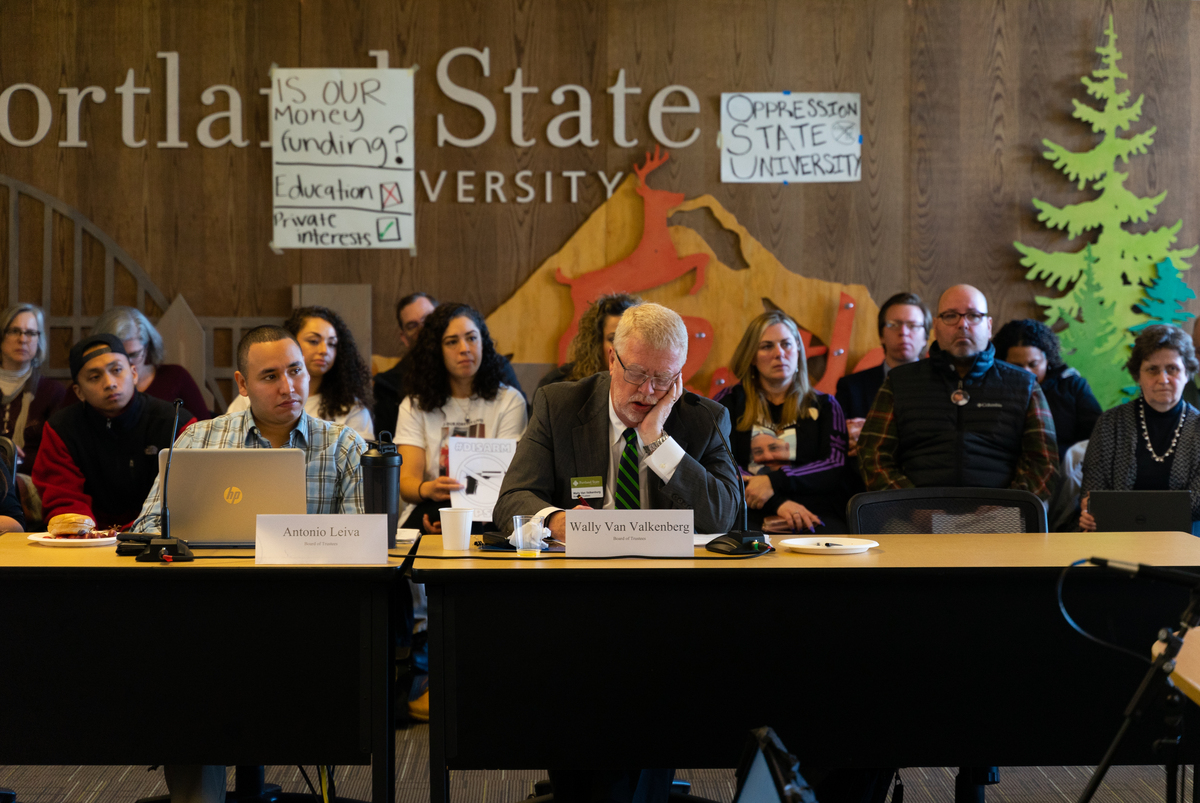
Students said they were ignored
“Students were ignored at Board meetings—we’ve been systematically shut out of this process,” Pace said, referencing the administration’s reluctance to consider student opinion. “The implementation advisory committee was ignored by this administration. The research and knowledge of our educators that can inform this decision were ignored.”
An independent assessment conducted by Margolis Healy released on Feb. 22, 2019, found that of those sampled, 52% were in favor of disarming PSU’s campus police.
The report—referred to as an “extensive review” at the Oct. 10 Board meeting—recommended retaining armed officers despite the opinion of the majority sampled in favor of disarmament and has been heavily criticized by members of the PSU community.
Similarly, in 2014, a survey of students showed more were in favor of keeping campus public safety officers unarmed than arming campus police. Approximately 68% of faculty surveyed at the same time were against armament.
“We see who’s been on what side the entire time,” Pace said, referencing the original votes against armament cast by a Board member who was the president and chief executive officer of Children’s Institute and the faculty representative on the Board.
“From this moment forward we will spend every minute and every fiber of our being into letting the world know one thing: do not come here,” Pace said. “PSU has declared a war on marginalized peoples that inhabit downtown Portland. We urge any person with a conscience, with a sense of morality and love for other people to spend their money anywhere but here. Boycott PSU. We’re done.”
Jason Washington and #DisarmPSU
The announcement CPSO would stay armed came a year and four months after the death of Jason Washington, a Navy veteran shot nine times by campus police on June 29, 2018 outside the Cheerful Tortoise, a bar located near campus.
The death of Washington marked the first fatal shooting involving campus public safety officers since CPSO was armed in 2014 and greatly expanded the #DisarmPSU movement, especially after the two officers involved in the shooting were cleared and reinstated in September 2018.
#DisarmPSU continued to be a strong campus presence as months passed without a conclusive decision from the Board; members occupied the CPSO office, held rallies in the Park Blocks and took the issue down to Salem as the Board remained inactive.
“We continue to grieve his death as a community,” Percy said at the Board meeting.
Pace said in response the one thing the Board hadn’t asked the community was what the family wants.
“What does it look like to actually give justice to the community who was attacked in this?” Pace said.
“He was our world, and our world [has] been destroyed,” said Michelle Washington, addressing the Board with her family. “These people, these children, these students back there told you guys years ago this would happen—and no one has listened. You continue not to listen.”
Washington also said she hopes no one else has to go through what her family has gone through.
“I feel like we’ve worked so hard to try and make people understand what it’s like to go through this, but I feel like no one is listening and nothing is going to change, and another person is going to have to go through what our family is going through. And I pray that no one has to.”
Washington said she met and started dating Jason when she was 15, and she doesn’t know how to go on without him.
“I mean, could you imagine?” Washington said. “Having to tell your 15-year-old daughter that her father is dead? Your 5-year-old grandchild that her best friend…was gone? She continues to ask when he’s coming home.”
Washington also said that she knows the decision “has been made” but hopes the administration will change its mind.
“Hopefully sooner than later, before it happens to anyone else,” Washington said.
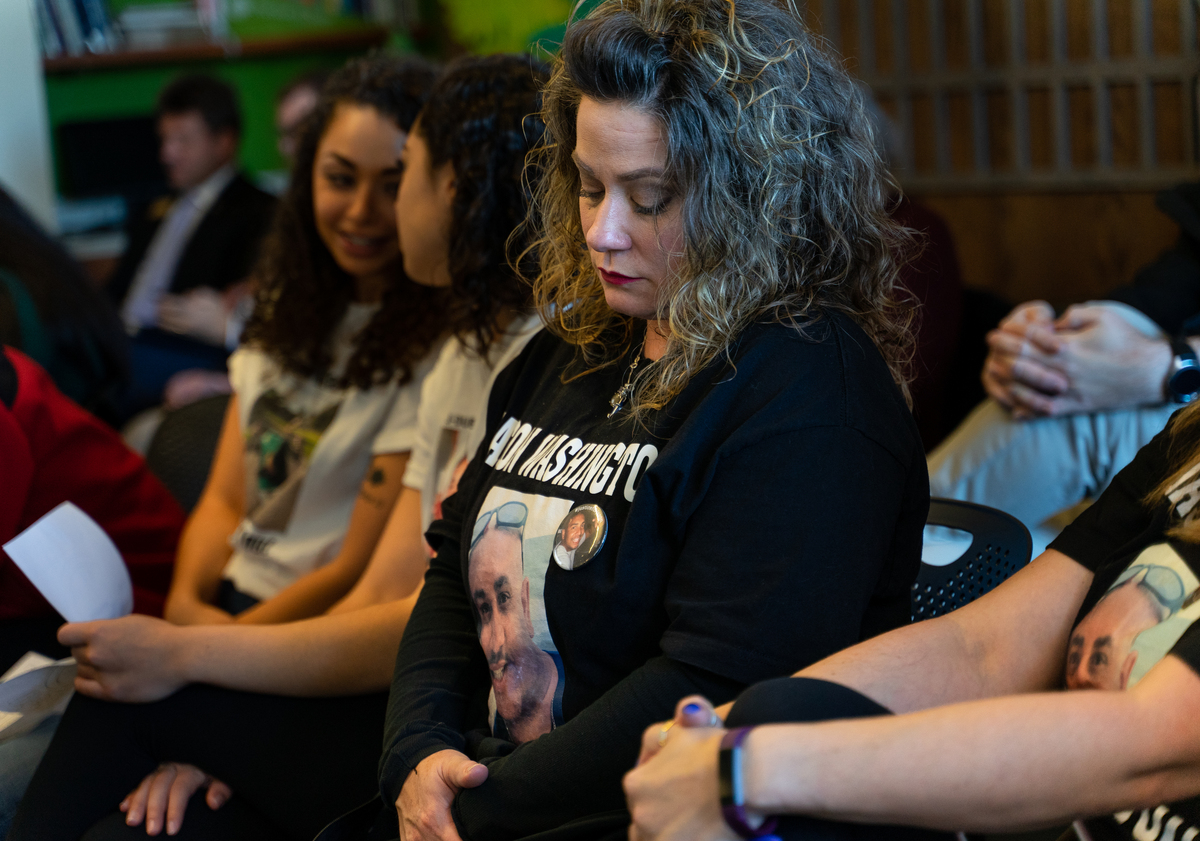
Dylan Jefferies contributed to this report.

